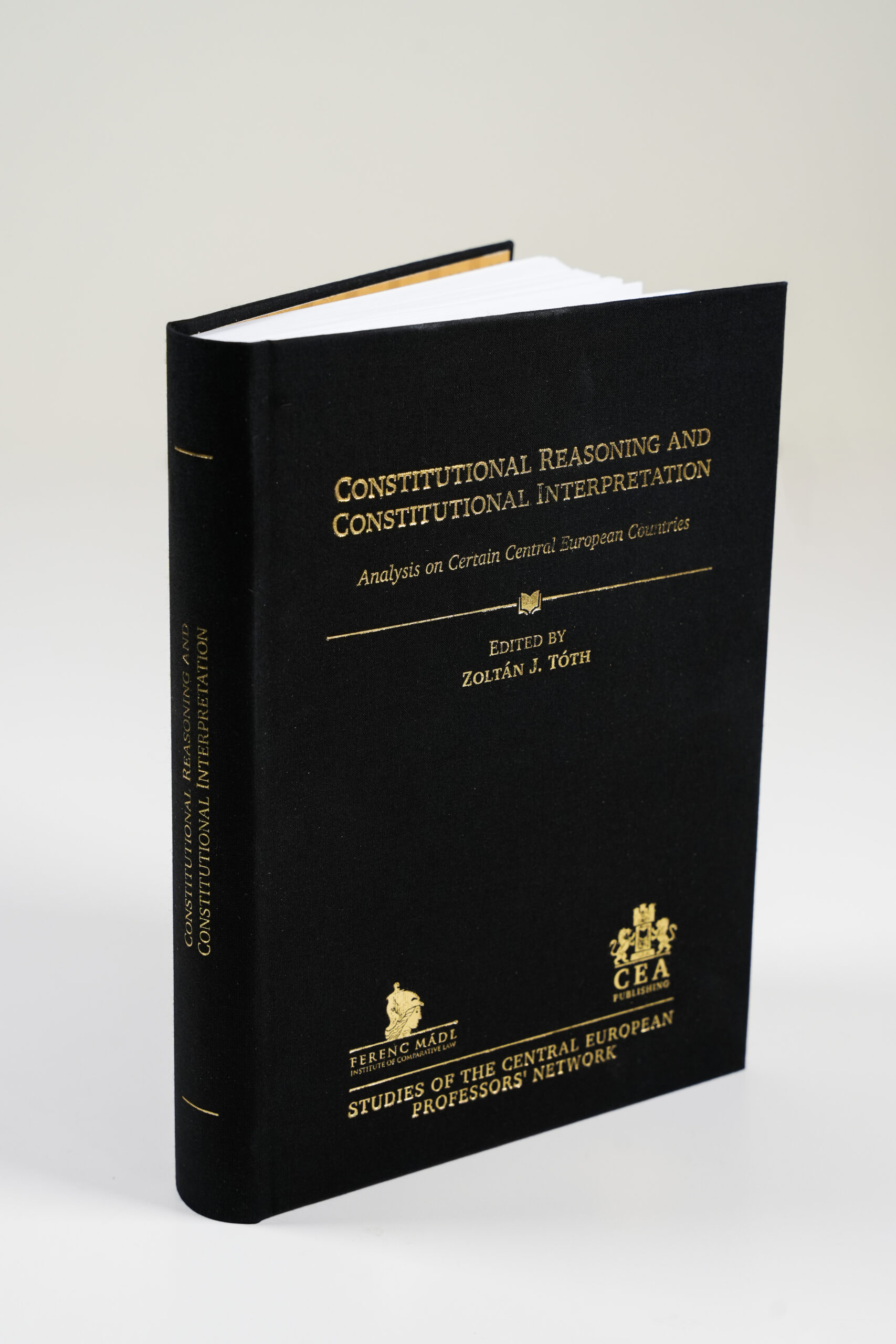Fundamental rights have become increasingly important since the emergence of modern constitutionalism. The states of Central and Eastern Europe, as third-generation countries of concentrated constitutional adjudication, and in leaving behind the legacy of state socialism, have faced challenges owing to the specificities of their recent history and the problems of transitioning to a democracy governed by the principle of the rule of law. These are substantially different from the problems that countries with first- and second-generation constitutional courts once had to solve, although they have many points in common. One such commonality is that, typically, new constitutions (or constitutions that can be considered new in substance) have been adopted immediately after the end of a dictatorial regime, which, in contrast to the previous situation, already provided for a wide range of human rights. The enforcement of these rights was guaranteed everywhere in these states; however, the different historical situations had given rise to different responses.
The starting point of our research is the hypothesis that the constitutional courts established in the Central and Eastern European legal systems after 1990 started to enforce human rights enshrined in their constitution in a different context, with different historical experiences, and under different social and economic circumstances, legal, and political conditions. Thus, these systems approached fundamental rights differently from their Western and Southern European counterparts. Our hypothesis was that a specific Central and Eastern European system of fundamental rights protection could be detected, with a particular system of interpretation of fundamental rights specific to Central and Eastern European countries but not necessarily to the European constitutional tradition as a whole. The latter was explored not through the jurisprudence of the constitutional courts of Western or Southern European countries but through the practice of the European Court of Human Rights (ECtHR). This investigation provided an opportunity to detect general features of European constitutional culture (and to compare these with the features of Central and Eastern European constitutional culture) and to assess the specific legal problems of each Central and Eastern European country in light of the ECtHR’s practice.
On the basis of the research design detailed in the first chapter, we expected our research, on the one hand, to shed light on whether our hypothesis is correct and whether there is indeed—at least with regard to the methodology of interpreting fundamental rights (i.e. the procedural-formal issues that constitute the framework for solving substantive legal problems)—a specific Central and Eastern European conception of fundamental rights, and if so, how it differs from the common European constitutional tradition of countries outside this region. On the other hand, we hoped to explore the similarities and differences between the constitutional jurisprudence and interpretation of fundamental rights (and, more generally, the typical modes of constitutional reasoning) of the various Central and Eastern European countries (specifically, the six countries under study).
Methodology and Summary by Zoltán J. Tóth



